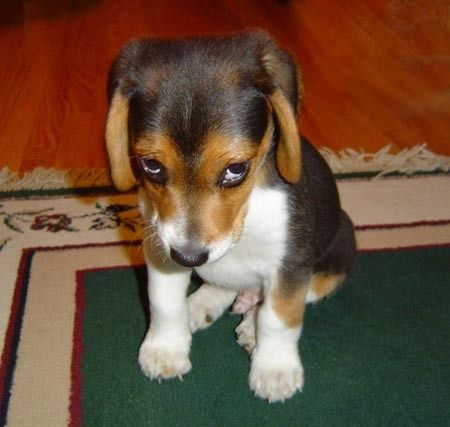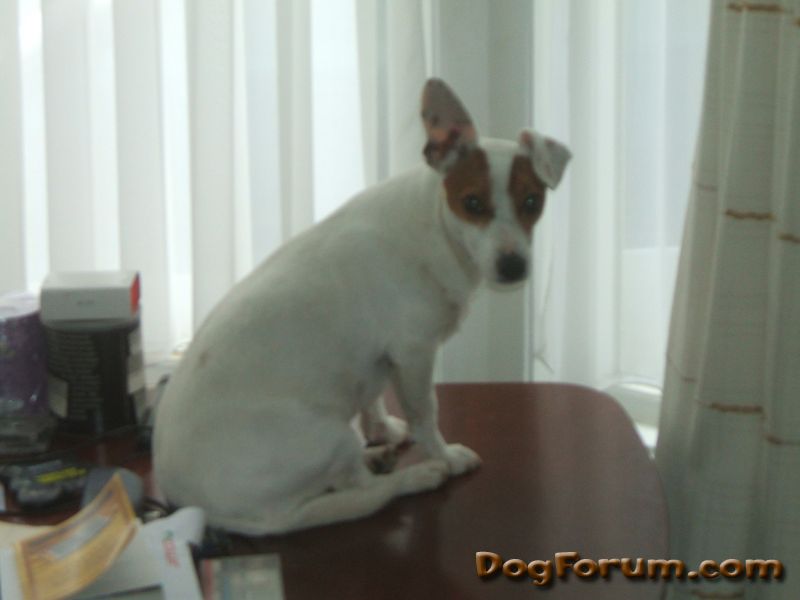Many dogs, even adult dogs, howl and cry when their owners leave them at home. No dog is going to be glad to see you leave, but they shouldn’t howl for an hour, either. Dogs will usually get used to the idea that you can’t be with them every minute, and will fall into a routine of waiting for you to return. A spot near the door when they can easily see you come in can be a favorite place while you’re gone.
Some dogs will even keep one eye on the window for your car to pull into the driveway, because dogs get used to our schedules and instinctively know when we’re going to leave and when we’re due to be home. They may even start to act clingy when they know you’re about to leave by following you through the house or trying to get your attention in some other way.
For dogs that have a great deal of separation anxiety, they might become quite agitated when they know you’re about to leave, and then spend from a few minutes to an hour or more crying and howling after you go. Some dogs do extreme damage by trying to get out of the house to their owners. Dogs are pack animals, used to a group, and some feel completely insecure when they’re alone.
Vets recommend the best way to get your dog over separation anxiety is the same way you teach anything else to your pet-a little at a time.
Start small. Put your dog in a room and then give it a toy or a doggie treat before leaving the room and closing the door. Then wait just a minute or two and go back to the dog. Each time you do this, increase the time by a minute or so. This will help the dog get used to the idea that you leave, but you always come back. Do this at least once a day, or several times a day, depending on your dog. Once you’ve worked up to 15 or 20 minutes with the dog alone in the room, leave your house for 10 or 15 minutes. Some people crate their dogs for various reasons. Avoid it if you can so your dogs feels free to move around the home and watch for you.
Don’t Coddle. Don’t carry on before you leave and make your dog think it’s a big deal; simply give your dog a treat or toy and leave. It’s important that you don’t offer your dog a special amount of praise or petting before you leave. Talk to your dog as you normally would. If you pet or praise the dog excessively, you make the whole thing a big deal to your dog, and that’s the opposite of what you want to do. Praise your dog when you return, of course, but if you make it clear that something’s coming before you go, you’ll only increase your dog’s anxiety.




